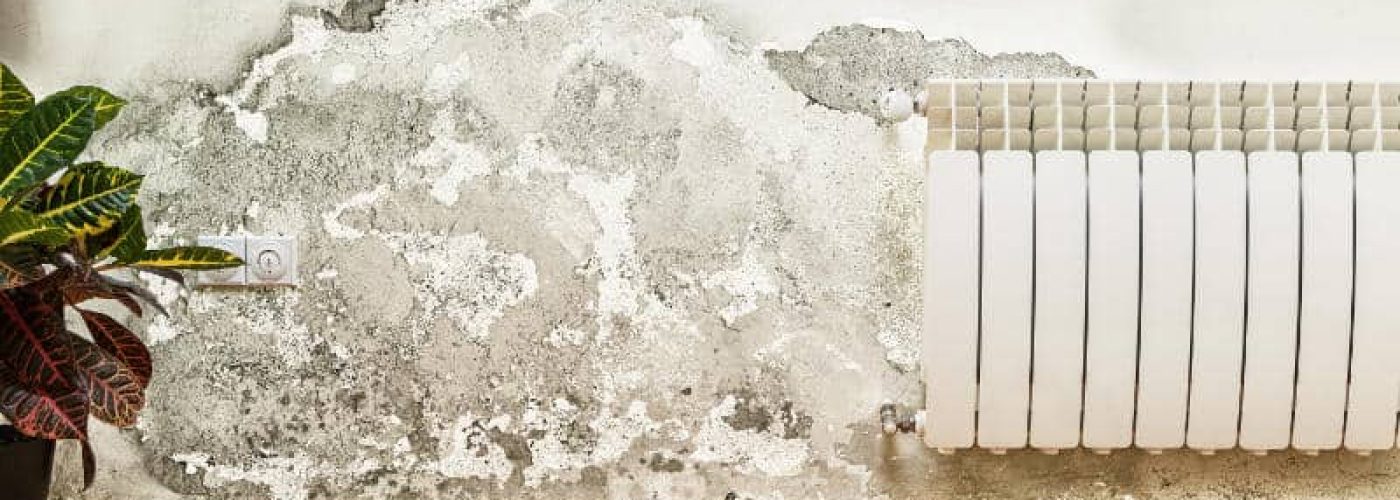Accidents and damages can occur in any home, but some could prove to be both costly and risky, even as a tenant. Whilst the common misconception is that a landlord will pay for damages at rental properties, this is not necessarily the case. Whilst there was a 12% drop in the number of rental properties last year, rentals remain a popular home choice for many. While it is the landlord’s responsibility to maintain some aspects of the property, you could still end up with hefty bills that could leave you out of pocket.
We’ve put together the top 5 costly damages that happen at home, and how you avoid any nasty surprises.
What’s the financial and repair responsibility for the tenant’s damages?
Whilst the landlord will be generally responsible for structural repairs of the property (as well as gas and electrical work), tenants still have a responsibility to make good any damage to the property under Section 11 of the Landlord and Tenant Act.
So, what exactly does this mean?
Any damage caused on your property, whether that be by you or family member, must be repaired and paid for by the tenant. Even if damage was unintentional, instances such as leaving the water on whilst away could leave you liable for damage.
What are the costliest accidents that happen at home for tenants?
Thankfully, many tenants and landlords never experience costly accidents during their tenancy. Unfortunately, accidents do happen. Therefore, we’ve put together a list of the top 5 repairs in a rental property, and how you can prevent them.
1. Broken windows
Whilst this type of damage is often accidental (such as kicking a football in the wrong direction!), it can be costly. With window replacements costing upwards of a few hundred pounds, it can soon put a dent in your bank balance.
2. Bad Usage of Electrical Appliance
While it’s tempting to over-stuff plug sockets with appliances, improper usage of electrical goods can not only be dangerous, but it can also leave you out of pocket. Unplugging appliances when not in use and only using appliances for their stated purpose can help reduce the risk of both fires and bills.
3. Wear and Tear
Whilst general wear and tear is expected with a rental property, the landlord may hold you liable for damage outside of this. Factors such as having pets (or throwing parties!) could put you at risk of a landing large, unexpected bill.
4. Furniture damage
Whilst it is the landlord’s responsibility to provide furniture and white goods at 5-year intervals, responsibility for repairing damage to furniture lies with the tenant. So, it always pays to be careful!
5. Mold
Mold develops in damp areas in the home and wreak havoc if left untreated. Mold removal by a professional can cost up to £1,000, so turning a blind eye to mold and mildew can be costly. Luckily, mold can easily be prevented by ventilating the property well.
How to overcome and be protected against these damages?
While most damage is almost certain to be the result of an accident, you could still find yourself in court. If you are found to be negligent, you could find yourself in deep water.
One way to prepare for the unknown is to purchase renters insurance cover. This will protect you against any unexpected costs, fees or expenses as a result of a case being brought against you. You may never need it, but home insurance offers peace of mind for the ‘what if’ moments in life.





